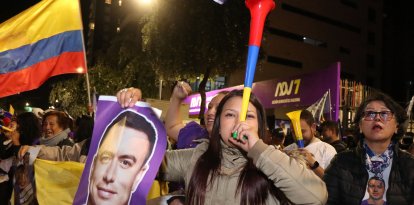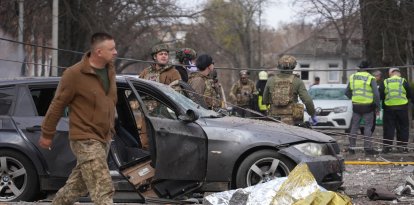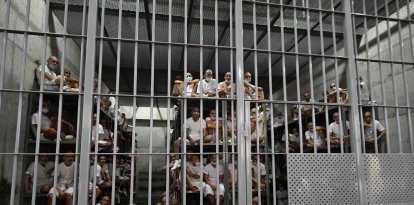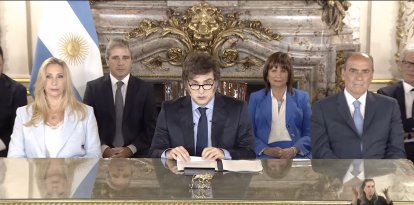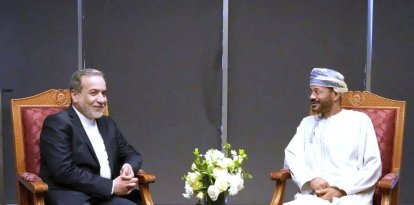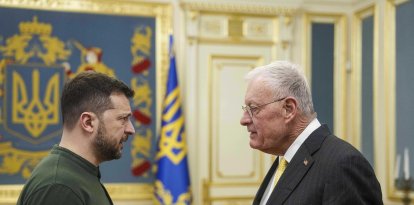Director of Charlie Hebdo: "We had the feeling that the left betrayed us"
It is eight years since the Islamist attack on the French satirical magazine. Laurent 'Riss', a survivor of the attack, points out that 'wokism' embraces censorship.
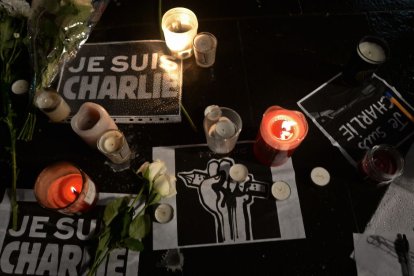
(Cordon Press)
On January 7, 2015, Saïd and Chérif Kouachi, two Islamist terrorists stormed the editorial office of the French satirical magazine Charlie Hebdo and began shooting indiscriminately at the professionals who were on site at the time. The attack, which the Al Qaeda terrorist organization took credit for several days later, left 12 people dead and 11 wounded. Both terrorists managed to flee and the French government decreed the highest level of terrorist alert in the country.
Within two days, French security forces tracked down the terrorists and, after an intense firefight, they were killed. Eight years later, Charlie Hebdo’s director, who had been in charge since 2009, and survivor of the attack, Laurent Riss Sourisseau, explained how the attack happened in his book One minute forty-nine seconds. They criticized the reaction of the left and, at the time, socialist president François Hollande in an interview with the Spanish newspaper El Mundo.
"We felt a sense of betrayal"
Charlie Hebdo has never denied that they defend a progressive, left-wing tendency. But, after the attack, Riss said they felt a "betrayal" by those who, politically, were closest to the magazine's editorial line:
In addition, he stated that the left stopped defending freedom of expression:
"Wokism is a restrictive movement"
Riss pointed out that Wokism embraces censorship out of its own complex:
The director of Charlie Hebdo stated that those who follow the dogmas of the Woke dictatorship are supporters of retrograde ideas:
Islamist terrorism will never be fully controlled
In the last decade, Islamist terrorism perpetrated several attacks, such as the one in Paris in November 2015 or the one in Nice in 2016. These attacks left more than 230 people dead. Riss believes that surveillance of terrorist cells has increased, but "unpredictable" attacks such as the attack on Salman Rushdie in New York in 2022 will never be prevented:
RECOMMENDATION
